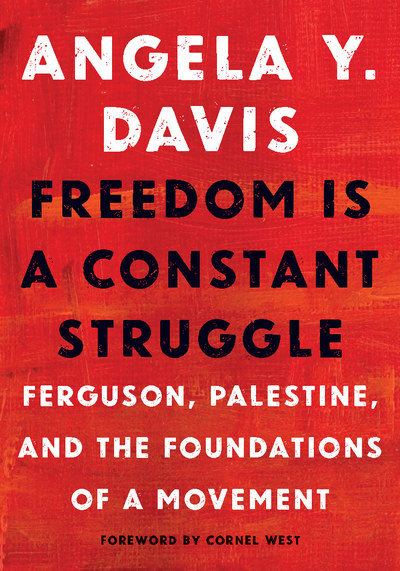What do you think?
Rate this book


180 pages, ebook
First published August 17, 2015
"Here we are in the twenty-first century and we still can’t say that we have affordable housing and health care, and education has thoroughly become a commodity. It has been so thoroughly commoditized that many people don’t even know how to understand the very process of acquiring knowledge because it is subordinated to the future capacity to make money.”Davis is a radical, but I enjoyed pushing my thinking farther than it usually goes. A few of her ideas I wanted to do more research on, so I was not agreeing with her on everything (but to be fair, not disagreeing either, just my first exposure to some of the ideas.) I admire her lifelong commitment to these causes, I can't imagine where she finds the emotional energy to persist.

